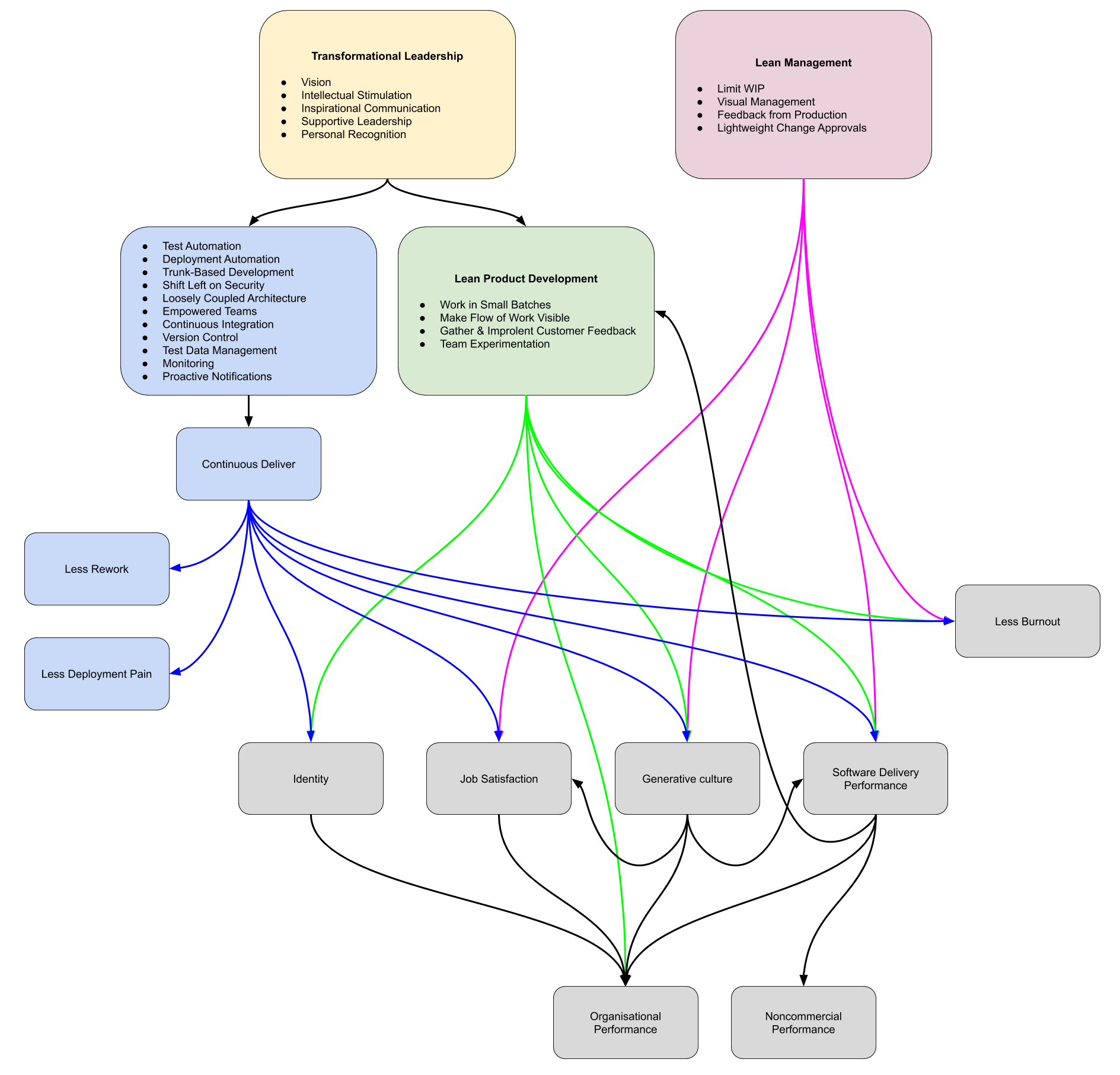 The Ideal Team Player: How to Recognize and Cultivate The Three Essential Virtues by Patrick Lencioni
The Ideal Team Player: How to Recognize and Cultivate The Three Essential Virtues by Patrick Lencioni
My rating: 4 of 5 stars
The book presents 3 characteristics for the “Ideal Team Player”. These characteristics are:
- Humble – a lack of ego or concerns about status. Share credit emphasise team and define success as collectively.
- Hungry – always looking for more to do, responsibilities and things to learn – a manageable and sustainable commitment to doing a good job and going above and beyond when required. Not in a selfish way.
- Smart – common sense about people. Having good judgement and intuition around the subtleties of group interactions.
“Humility is not thinking less of yourself but thinking of yourself less”
C. S. Lewis
Interview Questions
Humble
- Tell me about the most important accomplishment of your career? Look for I’s and we’s
- What was the biggest embarrassment in your career or biggest failure? Humble people are not afraid to tell their unflattering stories
- How did you handle the failure? Look for what was learnt
- What is your greatest weakness? Are candidates uncomfortable acknowledging something
- How do you handle apologies, either giving or receiving them? Humble people are not afraid to say sorry or accept others with grace
- Tell me about someone who is better than you in a area which matters to you? Look for a genuine appreciation of others
Hungry
- What is the hardest you have ever worked on something in your life? Look for joy
- What do you like to do when you are not working? A long list of hobbies is a warning
- Did you work hard when you were a teanager? Look for difficulty, sacrifice and hardship. A work ethic tends (not always) to start in early life
- What kind of hours do you usually work? If people focus on the hours, schedule or balance then he may not be hungry.
Smart
- How would you describe your personality? Smart people generally know themselves and talk about their behaviours
- What do you do in your personal life which others may find annoying? Smart people know what they do and try to moderate them
- What kind of people annoy you the most and how do you deal with them? Looking for self aware and self control.
- Would your former colleagues describe you as an empathetic person? Does the person value empathy
Manager Assessment
Humble
- Does he genuinely compliment or praise teammates without hesitation?
- Does she easily admit when she makes a mistake?
- Is he willing to take on lower-level work for the good of the team?
- Does she gladly share credit for team accomplishments?
- Does he readily acknowledge his weaknesses?
- Does she offer and receive apologies graciously?
Hungry
- Does he do more than what is required in his own job?
- Does she have passion for the mission of the team?
- Does he feel a sense of personal responsibility for the overall success of the team?
- Is she willing to contribute to and think about work outside of office hours?
- Is he willing and eager to take on tedious and challenging tasks whenever necessary?
- Does she look for opportunities to contribute outside of her area of responsibility?
Smart
- Does he seem to know what teammates are feeling during meetings and interactions?
- Does she show empathy to others on the team?
- Does he demonstrate an interest in the lives of teammates?
- Is she an attentive listener?
- Is he aware of how his words and actions impact others on the team?
- Is she good at adjusting her behavior and style to fit the nature of a conversation or relationship?
Self Assessment
On a scale of 3 = Usually, 2 = Sometimes, 1 = Rarely, rate what “My teammates would say“:
Humble
- I compliment or praise them without hesitation
- I easily admit to my mistakes.
- I am willing to take on lower-level work for the good of the team
- I gladly share credit for team accomplishments.
- I readily acknowledge my weaknesses.
- I offer and accept apologies graciously.
Hungry
- I do more than what is required in my own job.
- I have passion for the “mission” of the team.
- I feel a sense of personal responsibility for the overall success of the team.
- I am willing to contribute to and think about work outside of office hours.
- I am willing to take on tedious or challenging tasks whenever necessary.
- I look for opportunities to contribute outside of my area of responsibility.
Smart
- I generally understand what others are feeling during meetings and conversations.
- I show empathy to others on the team.
- I demonstrate an interest in the lives of my teammates.
- I am an attentive listener.
- I am aware of how my words and actions impact others on the team.
- I adjust my behavior and style to fit the nature of a conversation or relationship.
 Making Work Visible: Exposing Time Theft to Optimize Work & flow
Making Work Visible: Exposing Time Theft to Optimize Work & flow Accelerate: Building and Scaling High-Performing Technology Organizations
Accelerate: Building and Scaling High-Performing Technology Organizations